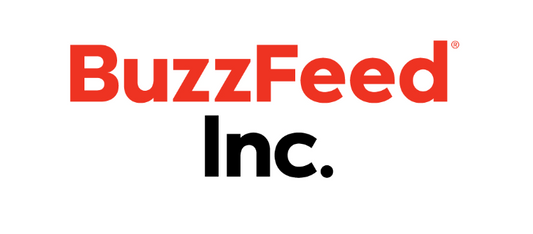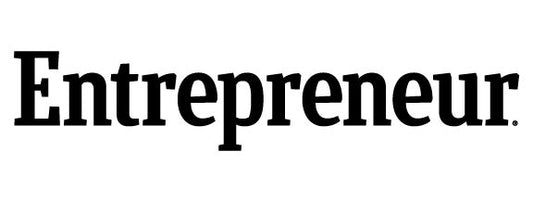The Folly of Fools
-
Estimated Delivery:Apr 04 - Apr 08
-
Free Shipping & Returns: On all E-book orders

The Folly of Fools
The biggest enemy of your success isn't your competition.
It's you.
Or more specifically, it's the lies you tell yourself without realizing it.
That's what Robert Trivers breaks down in The Folly of Fools-why the most dangerous form of deception isn't lying to others, but the lies you believe about yourself.
27,975.58
And if you don't control them, they control you.
Here are four of the biggest traps that could be limiting your success right now.
1. Self-Deception Is a Power Move-If You Control It
You think deception is a weakness? Wrong.
"The primary reason we fool ourselves is to fool others." - Robert Trivers
Your brain isn't wired for truth-it's wired for survival.
When a startup founder believes their company is worth way more than it actually is, that's not just delusion-that's strategy.
Why? Because investors, employees, and customers buy into confidence. And if you believe your own hype, you sell it more convincingly.
But here's the problem-if you buy into your own delusions too much, they become a liability.
Look at WeWork's Adam Neumann. He convinced everyone (including himself) that WeWork was a $47B business-until reality hit, and it collapsed.
Your move: Use self-deception as a tool, not as a crutch. Believe in your vision just enough to sell it, but stay grounded in reality so you don't lose control.
2. The Most Dangerous People Are the Most Confident-And the Most Clueless
Ever notice that the people who know the least are often the most sure of themselves?
Trivers explains this perfectly:
"A very disturbing feature of overconfidence is that it often appears to be poorly associated with knowledge-that is, the more ignorant the individual, the more confident he or she may be."
This is why the biggest business failures happen when someone is 100% convinced they're right-when they should be questioning everything.
Take the 2008 financial crisis-the people most confident that the market would keep going up were the ones who got wiped out the hardest.
Meanwhile, guys like Michael Burry (who bet against the market) saw what was happening because they questioned their own beliefs before making a move.
Your move: Confidence without expertise is a disaster waiting to happen. Always assume you might be missing something.
3. Your Brain Protects Your Ego at the Cost of Your Success
You ever meet someone who's failing, but they blame everyone except themselves?
That's not just arrogance-it's biology.
"We project onto others traits that are in fact true of ourselves-and then attack them!"
This is why business owners blame bad employees, bad economies, or bad luck-instead of looking in the mirror.
It's easier to blame the market than to admit you made a bad decision.
But the ultra-successful? They don't fall for their brain's own defense mechanisms.
Jeff Bezos constantly challenged his own assumptions at Amazon, which is why the company was able to pivot, innovate, and stay ahead.
Your move: Every time you catch yourself blaming something external, stop. Ask, "What's my role in this?" That's where the real breakthroughs happen.
4. Societies Lie to Themselves Just Like Individuals Do
It's not just people who deceive themselves. Entire societies do it.
Governments, media, corporations-they manufacture stories to protect their interests.
Trivers talks about how nations rewrite history to maintain their image, whether it's ignoring past failures, covering up mistakes, or spinning narratives to control public opinion.
"Self-deception is not just a problem of individuals-it is deeply embedded in our social structures."
Think about how businesses manipulate narratives:
-
Enron lied to its investors and employees until it collapsed.
-
Big Tobacco spent decades denying health risks even when they had proof.
-
Tech companies rebrand massive layoffs as "strategic pivots" to keep stock prices up.
And people buy it-because they want to believe the narrative.
But the most successful people? They see past the stories.
Your move: The next time you hear a "too good to be true" business claim, an economic forecast, or even a political promise, pause. Ask yourself: Who benefits from me believing this? The real power moves happen when you see beyond the illusion.
Your Success Depends on Seeing What Others Ignore
The most dangerous lies are the ones we don't realize we're telling ourselves.
The biggest opportunities come from seeing what everyone else ignores.
-
Are you using self-deception as a weapon-or is it using you?
-
Are you confident in your beliefs-or overconfident?
-
Are you protecting your ego-or protecting your success?
-
Are you seeing reality-or just the version of it you want to believe?
The ultra-successful don't just work hard.
They see what others don't.






